Love and Hip Hop Cast on ‘Django Unchained,’ Use of N-Word in Movies #loveandhiphop
 Saturday, January 5, 2013 at 11:58PM
Saturday, January 5, 2013 at 11:58PM  Rashidah Ali at the Season 3 Premiere Party for "Love and Hip Hop"Quentin Tarantino’s violent slavery western “Django Unchained” is shaping up to be his highest grossing movie yet -- one that could potentially also nab an Oscar for Best Picture. Despite all that has turned out well for this movie so far, there seems to be growing outrage over Tarantino’s excessive use of the n-word in Django. Opposing sides of the controversy are even debating whether he was justified in using it at all.
Rashidah Ali at the Season 3 Premiere Party for "Love and Hip Hop"Quentin Tarantino’s violent slavery western “Django Unchained” is shaping up to be his highest grossing movie yet -- one that could potentially also nab an Oscar for Best Picture. Despite all that has turned out well for this movie so far, there seems to be growing outrage over Tarantino’s excessive use of the n-word in Django. Opposing sides of the controversy are even debating whether he was justified in using it at all.
Since there is no shortage of platforms being created for community leaders, filmmakers, movie critics or historians to add their two cents on this matter, it would be more fitting to hear from those who actually represent an area of entertainment that possesses similar themes of violence and derogatory language: rap music. I recently caught up with rapper Consequence and reality TV star Rashidah Ali at the NYC Premiere bash for Season 3 of their hit VH1 series “Love & Hip Hop.”
Neither appeared to be familiar with all of the n-word drama surrounding “Django Unchained,” which is refreshing at a time when there is negative backlash over something so trivial, in a relative sense. Consequence was reluctant to speak on it because he hasn’t seen the movie. Ali, who also has yet to check out Django, however, insisted that -- no matter what the medium -- alternative language should be considered in lieu of what we have been accustomed to using for so long.
“As much as I would love for us to find another word to use as a term of endearment, it’s become second nature to us,” she says. Ali adds “I use it myself sometimes and it’s not ever in a negative format but it would be absolutely great for us as a people to come together and find another world to use because the n-word represents nothing but negativity. From time to time, when I’m angry, I have found myself slipping up and doing that -- we should certainly find another word to use when referencing one another.”
I think if more people were like Consequence and Ali -- waiting to watch the movie first before jumping to conclusions and being quick to condemn Tarantino for Django; and being mindful of one’s own language and/or behavior before critiquing someone else’s -- I bet there would be a lot less Django grief (n-word or not) among audiences and critics alike.
Season 3 of “Love & Hip Hop” premieres Monday, January 7 at 8pm on VH1






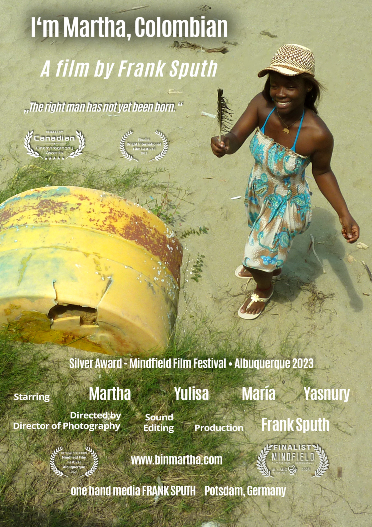
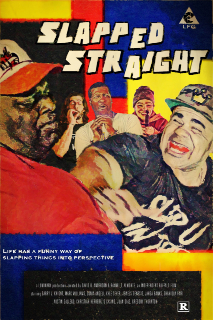





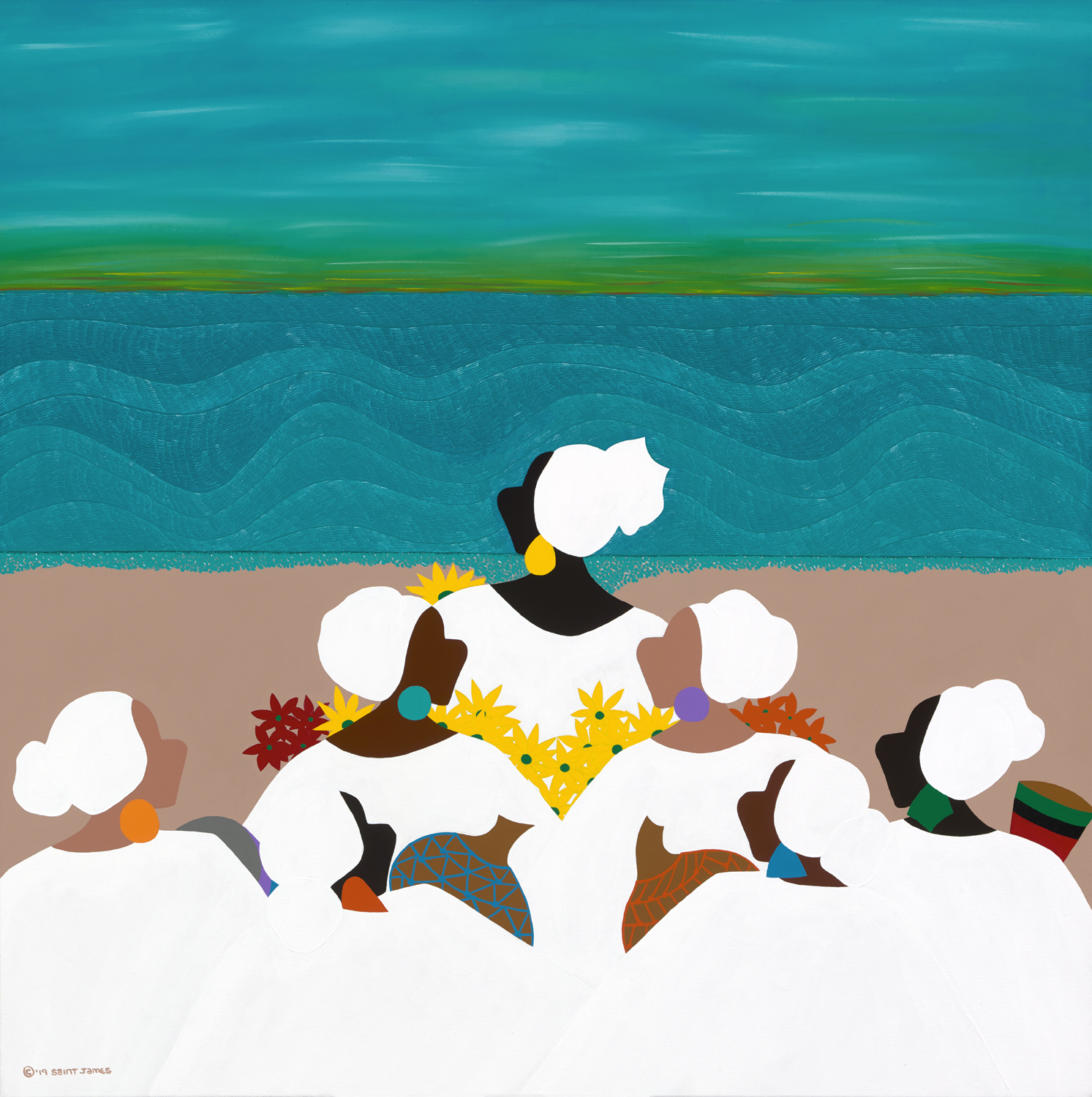
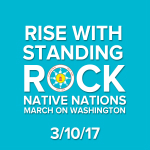
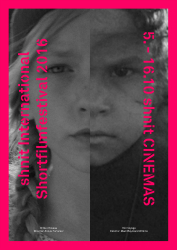









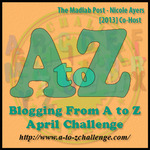
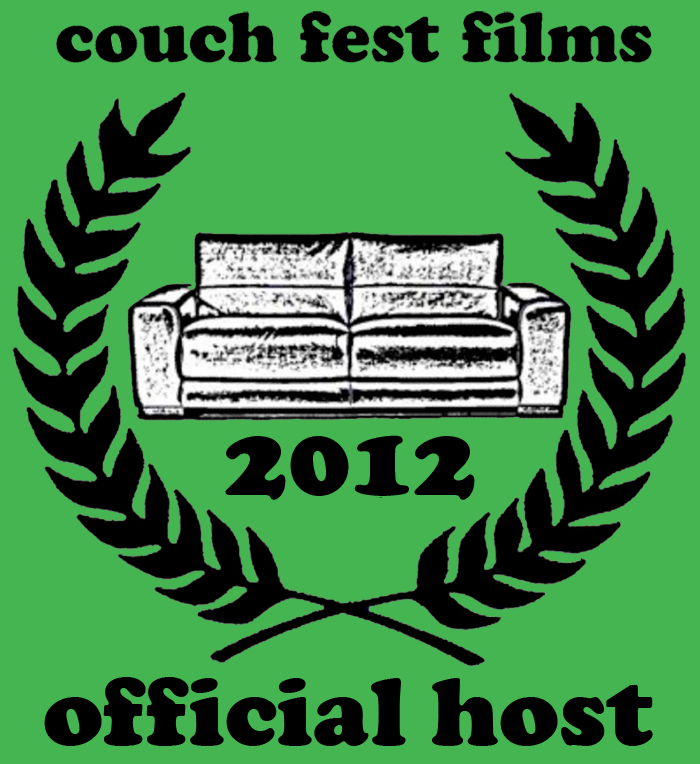
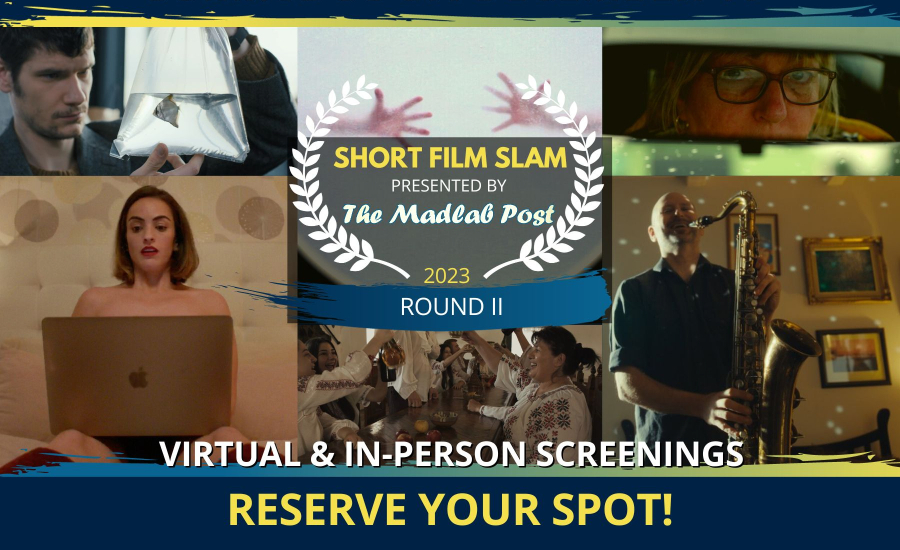

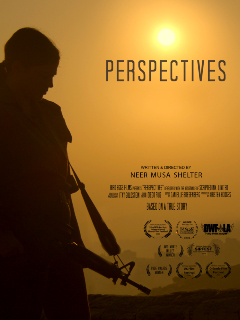



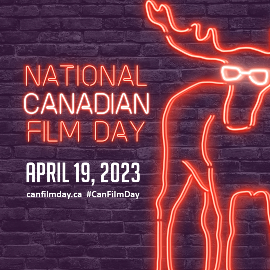

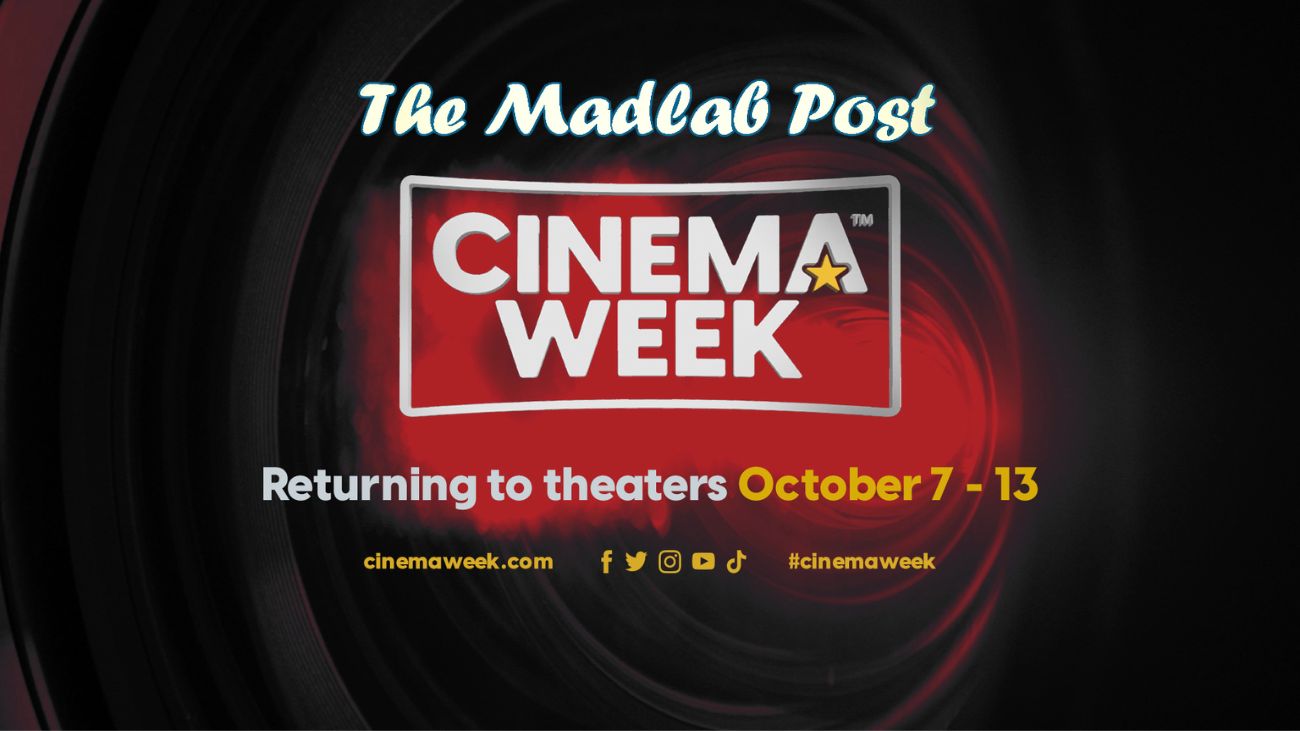
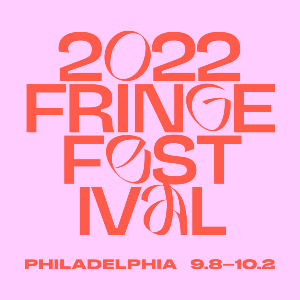






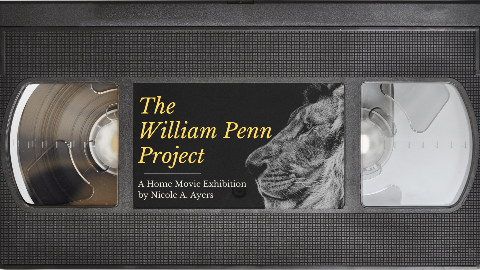
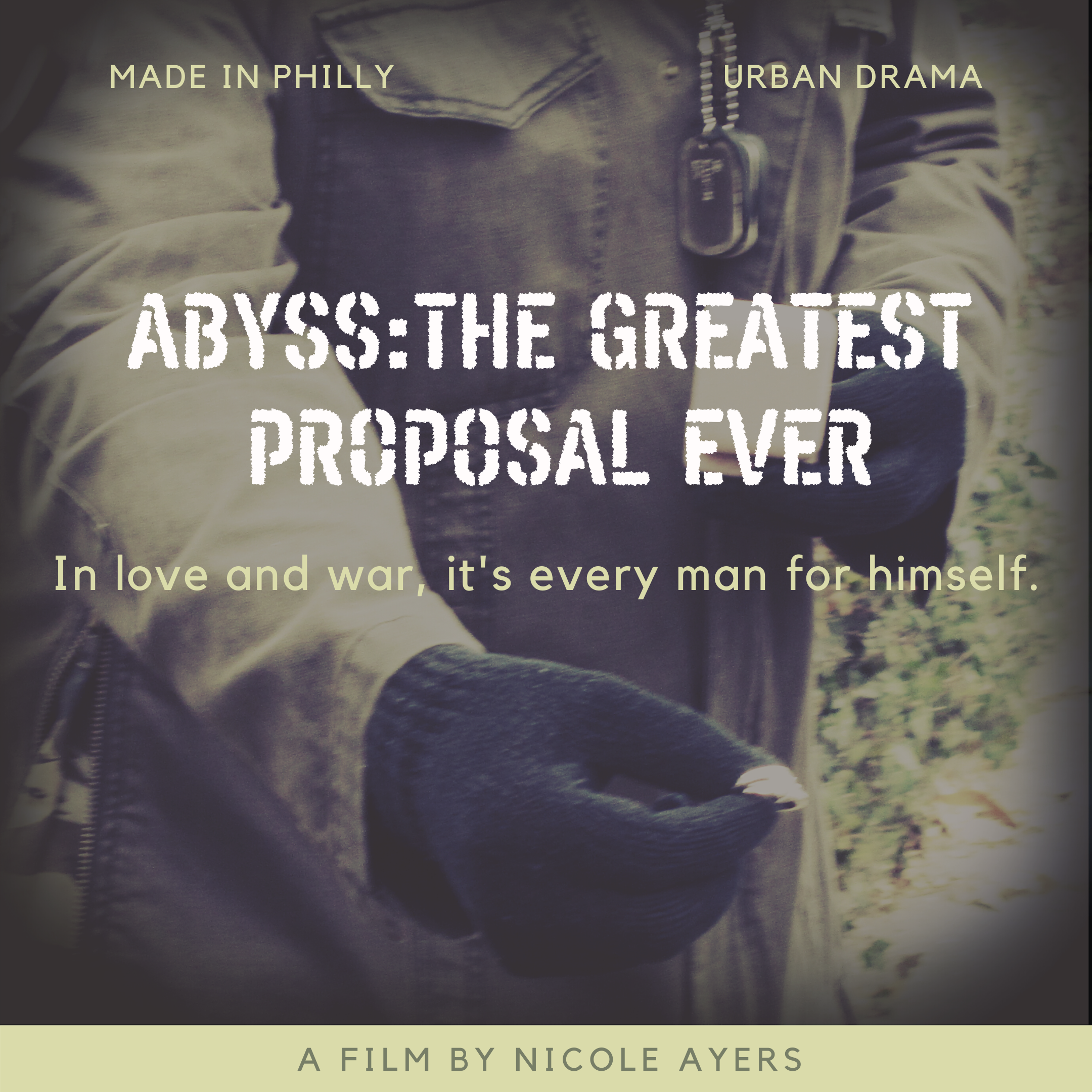
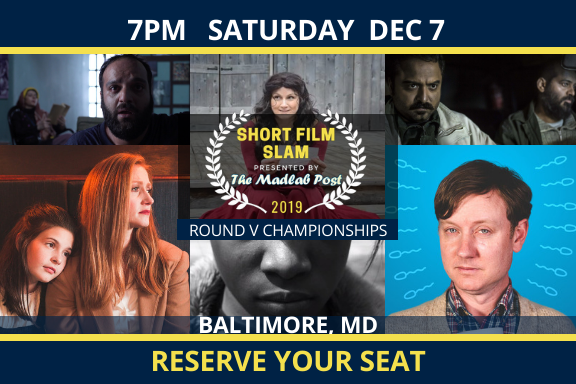
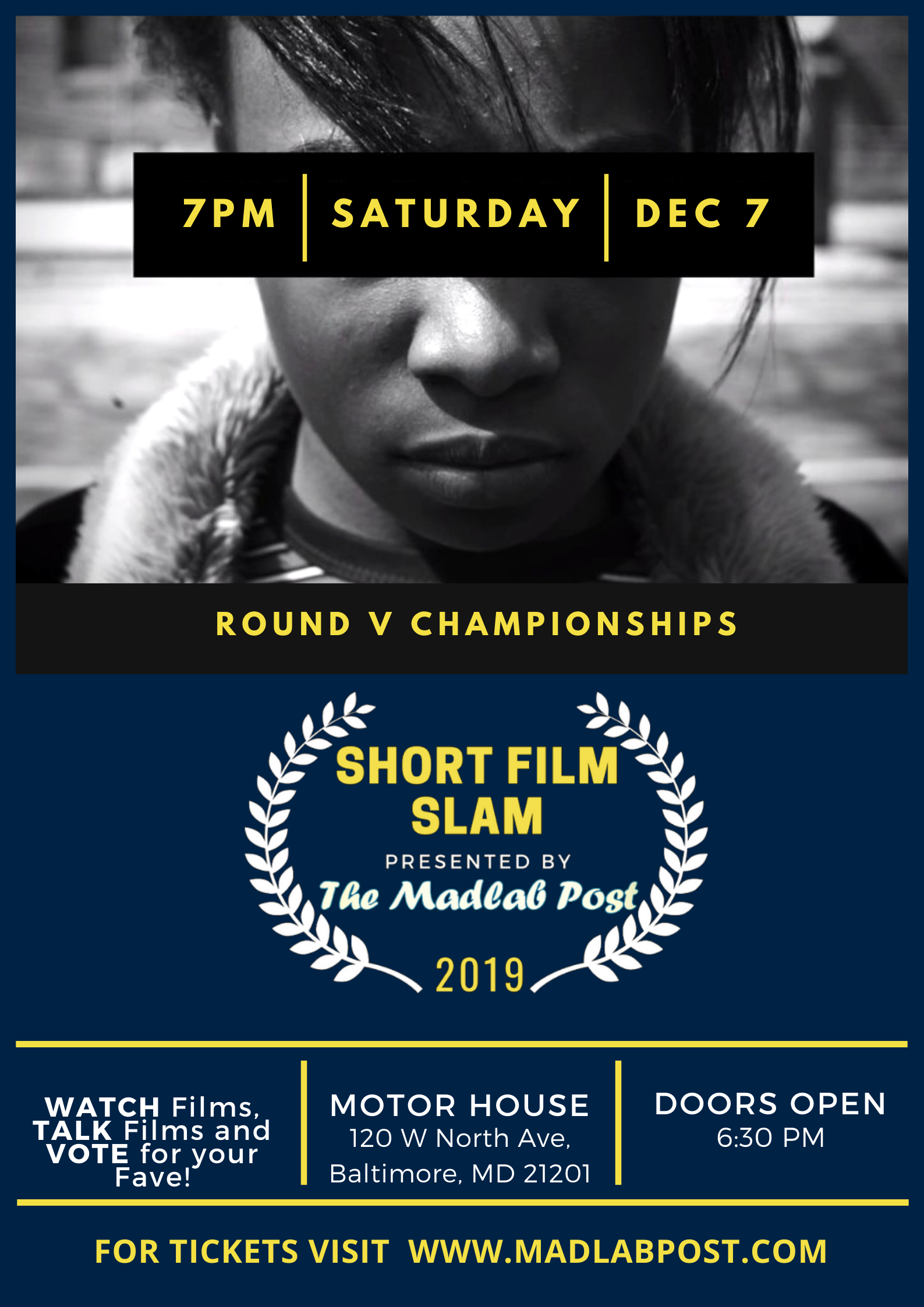
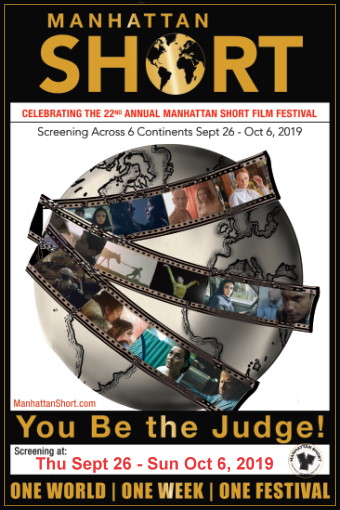
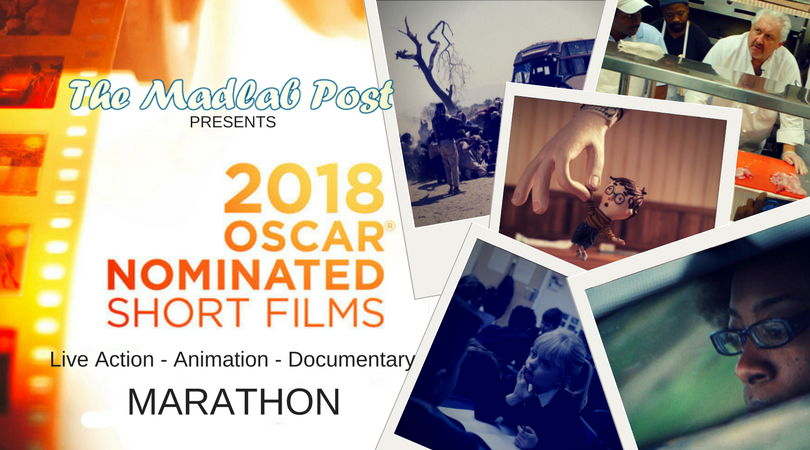



Reader Comments (5)
Like the two referenced for this post, I have not seen the movie itself. So to speak on whether or not Tarantino should or should not have used the word in the movie is something I would refrain from getting into.
What I did do was check on a few historical references regarding Django. From what I can tell, this movie is not a documentary but a fictional historical of a time when the n-word was not only used for its derogatory purposes, but over used to ensure its degrading purposes stuck...and that slaves and former slaves used the word regularly among each other all the time.
I suppose what I'm curious about is the debate regarding the n-word being used in a historical movie where the n-word is historically fitting versus the chance to see this as a reminder of how far along this country has come. Maybe there are certain sensitivities and embarrassment of being reminded, on the big screen, of the violent second citizen/less-than-human treatment delivered and accepted until African-Americans took steps forward.
I don't know. Maybe I'm being too philosophical.
Angela,
Exactly....sorta! I myself am interested in seeing "Django Unchained" but for different reasons, mostly because a filmmaker I know obtained a copy of the script and said it was good, so I'm curious to see what came of the material. I am also fond of Leonardo DiCaprio as an actor and want to find out how he performs in a villainous role, as the antagonist in the film. Where the language being used in Django is concerned, I think that the mere fact that it's fiction and set in a time when such language was used on a regular basis, makes it actually offensive for people to try to come down on Taratino for this movie.
From what I read, Taratino also appears in Django, so even if he uses it during the scene or scenes that his character is in, I think that it is not only appropriate but also to be expected based on the nature of the story. Otherwise (if he opted to not use it), he would risk making a film that contains major historical inaccuracies. I think critics and audiences who are turning this thing into a big deal when it isn't, should leave the man alone and just enjoy the movie; or not.
Thanks for commenting!
It's funny, but I don't recall an uproar when his film Inglorious Basterds was released. Nobody had an issue with Jews beating the crud out of Nazi's. Replace Jews with slaves, Nazi's with racists, and people have a problem with a cathartic experience of the downtrodden rising up against the enemy? I don't get people sometimes, but then again I don't have hangups with people of every shade other than my own. *Rolls eyes*
I'm black, but never use the word. I just wasn't brought up around it. The only time I remember even hearing it was when a kid in school yelled it at me to see my reaction. It doesn't bother me, but I just don't use it. Great question Nicole
OK, I have seen the movie. Its an excellent piece of work (I am not a Tarantino fan) The use of the "N" word as is it now referred to is frequent and yes it is used in a derogatory way towards black people. What I will say is to echo some that a poster already said - its use is in a film that is set two years before the Civil War and so would have been used all the time. Is it the fact that the word itself offends people or is it the fact that Tarantino offends people by not conforming to the general Hollywood form and just slapping everyone on the back and saying "well done sir" to get somewhere in the business.
When I was younger, I was taught that the word "black" was offensive and that "coloured" was the "acceptable" term. Now it appears to be the other way around. Why doesn't society just decide once and for all. That is of course a sidenote - why can't people just apreciate a film for what it is, a film. A work of fiction in this case and historical fiction. I do notice that there isnt any trouble regarding the movie Lincoln and its use of the word. Oh I'm sorry, is Spielberg too high brow for critisism? Come on folks, get a grip.